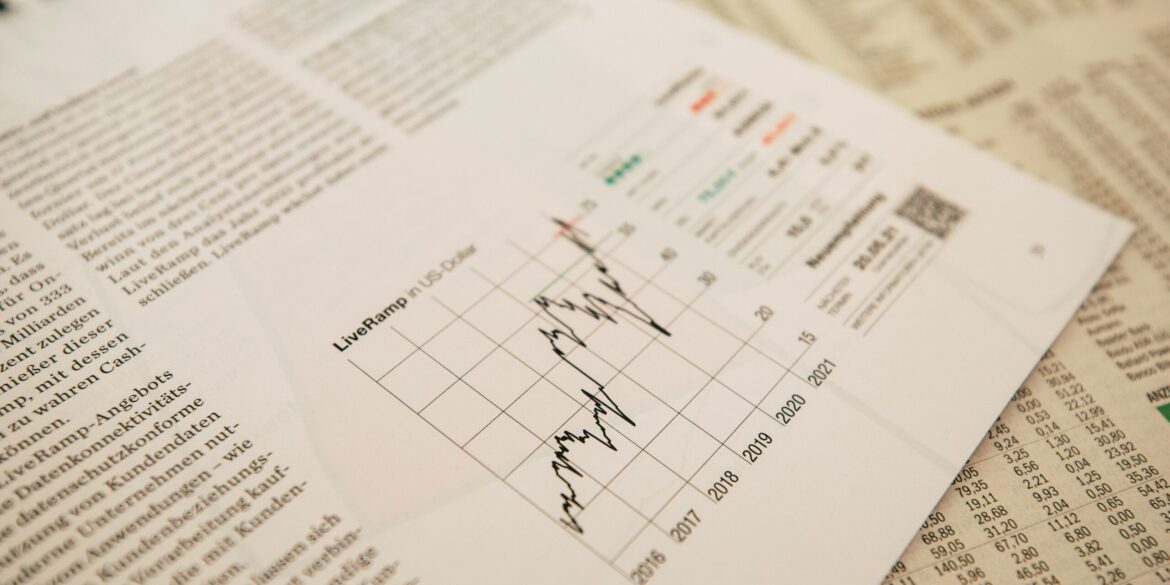On November 17, 2025, U.S. business markets experienced a significant pullback, driven by investor caution surrounding the high-flying artificial intelligence (AI) sector and the resumption of lagging economic data. As AI-driven growth expectations came under reassessment, major tech stocks, particularly Nvidia, saw declines ahead of their earnings reports, contributing to broader market retreat. The S&P 500 fell by 0.9%, and the Dow Jones Industrial Average experienced a sharper drop of approximately 1.2%, signaling a shift in investor sentiment.
The retreat in tech stocks is part of a larger recalibration of market expectations regarding AI. After an extended period of hype surrounding AI-driven growth, market participants have become more wary, raising questions about the sustainability of these high valuations and the long-term impact of AI technologies on company earnings. Companies that had benefited from the AI boom are now under increased pressure to demonstrate tangible, real-world impact and earnings credibility, especially as their stock prices had been buoyed more by speculative optimism than by concrete financial performance.
This shift is also happening against the backdrop of broader economic uncertainty. The resumption of government data releases, which had been delayed during the federal shutdown, has added another layer of complexity for investors. As economic indicators come back online, there is growing uncertainty about how the broader economy is performing, particularly concerning inflation, job growth, and consumer spending. These factors have fueled speculation about when the Federal Reserve might begin cutting interest rates, which would have significant implications for both equity markets and the broader economy.
For business leaders, the recent sell-off serves as an important reminder of the need to balance expectations. While technology stocks, particularly those related to AI, had been driving market momentum for much of the year, macroeconomic variables—such as interest rates and inflation—are now playing a more prominent role in shaping market dynamics. Companies that have been riding the AI wave will likely face increased scrutiny in the coming months, with investors demanding clearer evidence of profitability and sustainable growth rather than just relying on the potential of emerging technologies.
Overall, the November 17 market retreat underscores the complexities of the current investment landscape. As capital flows shift and investors reassess the hype surrounding AI, businesses will need to adapt by focusing on solid financial performance and taking into account the broader economic environment. With mounting uncertainty around interest rate cuts and the true impact of AI on real-world earnings, the market’s focus is likely to remain on both technology developments and the broader macroeconomic picture.


